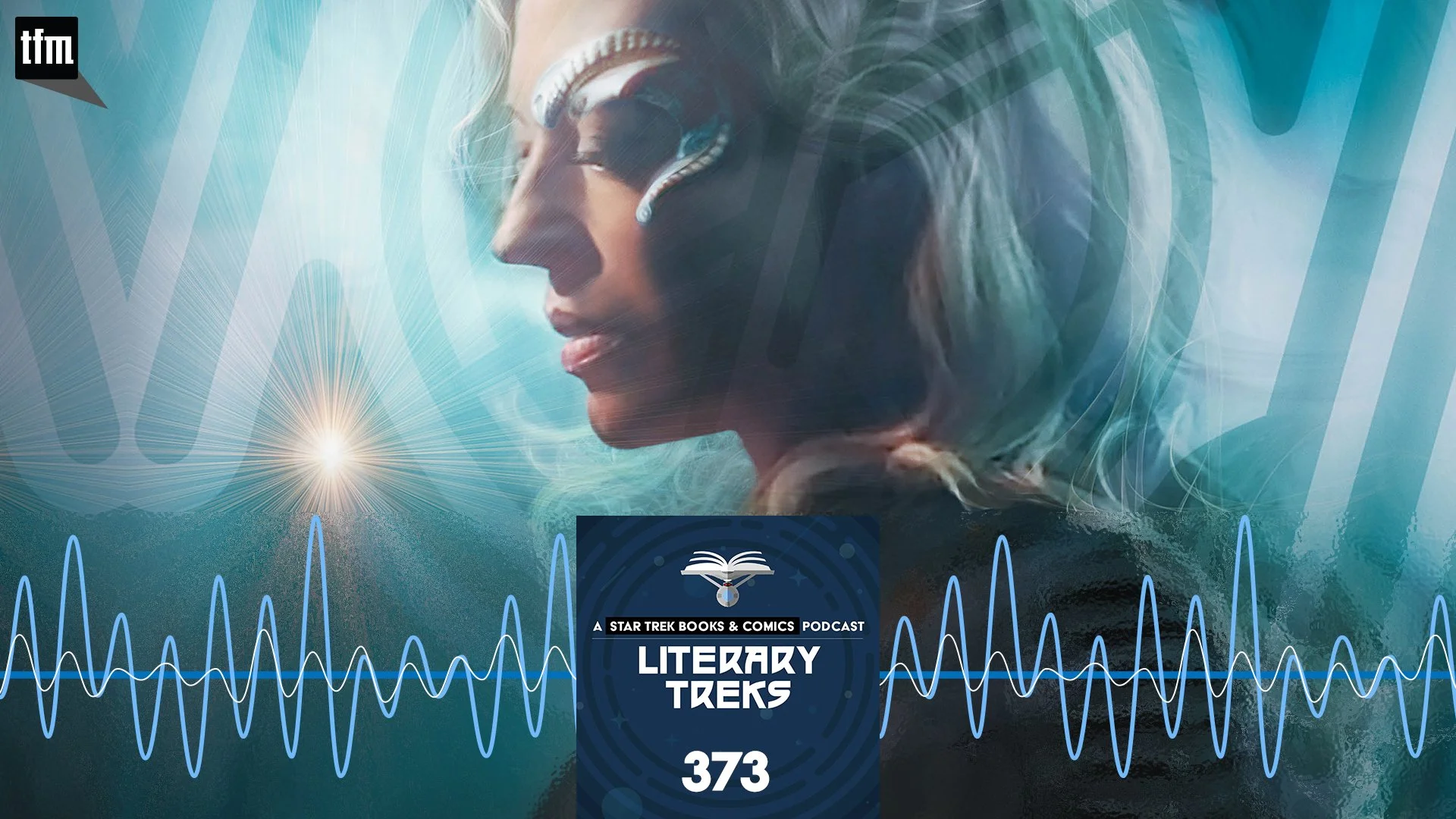The PIC timeline does include state-wide oppression. We learned how artificial lifeforms were treated after the apocalyptic decimation of Mars.
That's an overstatement, given that no sentient androids were known to exist at the time, so there wasn't really anyone to be oppressed, as far as the Federation knew. The status of holograms was unclear, but the ban only applied to the creation of new synths, so there's no indication that it would've oppressed the EMH, Moriarty, Peanut Hamper, and the like -- except to the extent that restricting people's reproductive rights definitely does count as oppression.
Anyway, dystopia is often relative. Look at how genetically engineered people have always been oppressed in the "utopian" Federation, from the time of SNW to the time of DS9. The same society can seem utopian to the "in" groups and dystopian to the "out" groups, and sometimes it's just a question of what angle you're looking from. (A Trek show told from the Maquis's perspective would look a lot like
Firefly, and the
Firefly 'Verse depicted from the perspective of the elite classes that Simon and Inara came from would look a lot like
Star Trek.) But in Trek, the oppressive laws that persist are generally portrayed as the exception rather than the rule, and that's certainly true of the synth ban, given how few individuals it actually affected.
Then we have all those seedy places we see in PIC. That’s nothing like Earth, Betazed or Vulcan were like.
Those seedy places were explicitly outside UFP territory, in the lawless realms left when the Romulan Empire fell. They're not a reflection on what the UFP itself was like, any more than Bajor or Ferenginar or the Maquis colonies were in DS9. Most of Trek has always taken place outside the Federation, on the frontiers.
The PIC prequel novel showed the Federation mistreated entire member worlds even before the 2385 catastrophe.
In the opinion of some of those worlds' politicians. And not so much that they were mistreated or oppressed, merely that, as relatively new, far-flung member worlds, they weren't being given enough of a voice in the Federation Council compared to more established, central members. They didn't feel oppressed, just overlooked and undervalued.
Note, also, that the reason the UFP government was pressured into abandoning the Romulan evacuation was because those young frontier worlds threatened to secede if it didn't. The politicians representing those worlds resented that so many resources were being devoted to saving the Romulans rather than being sent their way, so they basically blackmailed the UFP into abandoning its humanitarian traditions. Far from oppressing those worlds, the government bent over backward to appease them.


